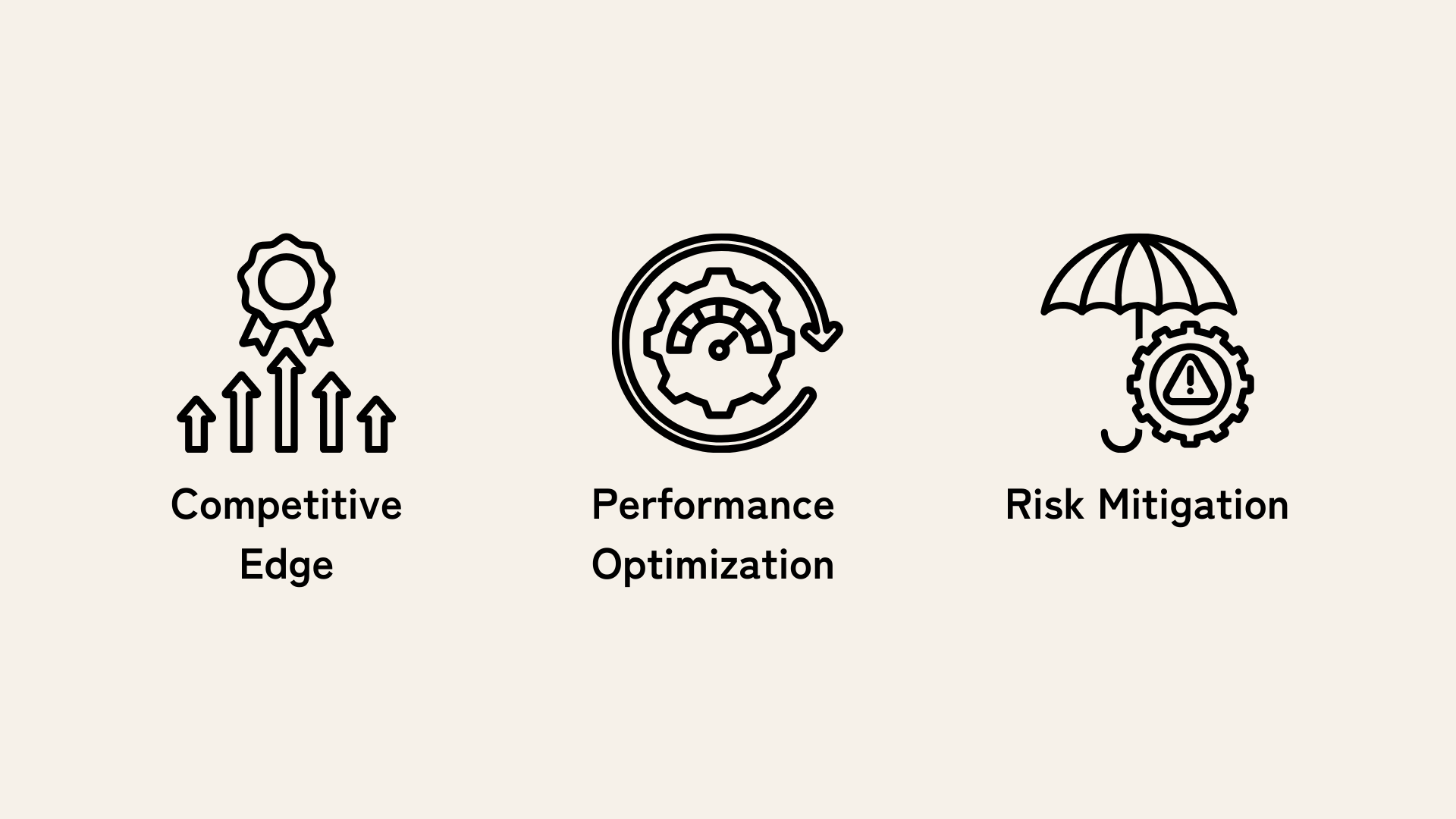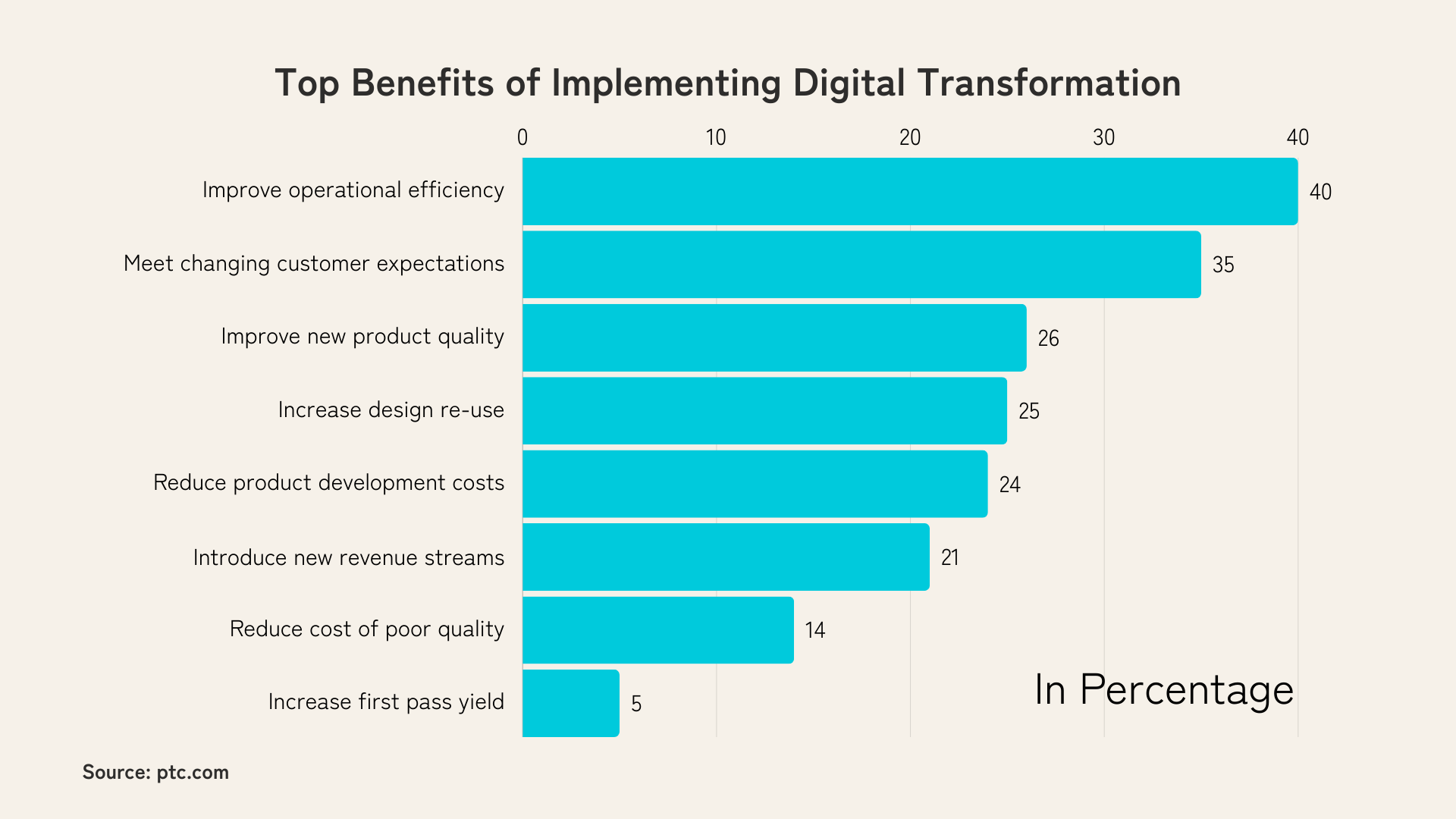
Introduction
As we step into the future, Digital Transformation (DX) is reshaping industries far and wide - accounting being no exception. Evolving from traditional paper-based systems to advanced digital solutions, accounting is undergoing momentous changes. The integration of artificial intelligence, cloud computing, and advanced analytics into accounting processes is revolutionizing the way accounting operations are carried out. This blog post throws light on the significance of embracing digital transformation in accounting, providing a roadmap to successful implementation and real-life success stories of businesses that have greatly benefited from DX in accounting.The Definition of Digital Transformation in Accounting
With the rapid evolution of technology, the conversation about digital transformation (DX) has extended its footprint in vast professional fields, including the financial landscape. By 2025, Gartner estimates that over 95% of new digital workloads will be deployed on cloud-native platforms, up from 30% in 2021. Here, DX for accounting refers to the systematic adoption of digital technologies that automate, streamline, and enhance traditional accounting processes, thereby making them more efficient, accurate, and opportune. It involves a fundamental shift from manual to automated operations, harnessing the power of technologies like artificial intelligence (AI), machine learning, and cloud computing.The Importance of Digital Transformation in Accounting
 Why exactly is DX so vital in accounting? To broadly categorize, there are three key reasons - Competitive Edge, Performance Optimization, and Risk Mitigation.
Why exactly is DX so vital in accounting? To broadly categorize, there are three key reasons - Competitive Edge, Performance Optimization, and Risk Mitigation.
Competitive Edge
Today, organizations are on a quest for speed and responsiveness to meet client expectations and seize business opportunities. Delayed insights usually mean wasted opportunities. With DX, accounting departments shift from being reactive to proactive. Real-time access to crucial financial data allows businesses to stay ahead of the curve, offering them a competitive advantage. Instant budget updates, predictive models, and real-time analysis foster agility, allowing stakeholders to deliver strategic, timely decisions that accelerate growth.Performance Optimization
The implementation of cutting-edge technology brings an unmatched efficiency to accounting processes. With operational activities streamlined and automated, accountants can redirect their efforts and time towards more strategic roles, including advisory and decision-making. DX has the potential to reinvent an accountant’s role from a financial guardian to a business strategist. Moreover, automation minimizes errors, improving the accuracy, reliability, and trust in financial data and reports.Risk Mitigation
DX in accounting helps businesses fortify their defenses against cyber threats with advanced measures such as encryption, cloud security, secure access, and automatic software updates. Simultaneously, digital tools enable accountants to meet the regulatory compliance seamlessly. They can keep track of new updates, automate the compliance processes, and offer detailed audit trails when required. This dual function of risk mitigation, both on cyber security and compliance fronts, can prevent substantial financial and reputational loss.8 Benefits of Digital Transformation in Accounting
Integrating digital transformation (DX) strategies is imperative for accounting departments to remain competitive. This integration streamlines processes, increases efficiency, and enhances customer satisfaction. But what are the specific benefits of implementing DX in accounting? Here are eight key benefits of digital transformation in accounting:#1 Increased Efficiency
By automating mundane tasks, DX frees up accountants’ time, enabling them to focus on higher value-added tasks, such as strategic planning and advisory roles. Automating tasks can both minimize errors and reduce operational hours, ultimately leading to increased productivity and more efficient working practices.#2 Improved Accuracy
The potential for human-induced errors diminishes with automation. Digital tools perform calculations, generate reports, and detect anomalies, ensuring high precision in financial data. This accuracy boosts stakeholder confidence and allows business decisions to be made using reliable information.#3 Cost Savings
DX reduces operational costs by streamlining processes and minimizing errors. This results in reduced time invested in tasks, fewer resources spent on office supplies such as paper and printing, and lower expenses related to rectifying errors. These direct cost savings contribute positively to a company’s bottom line.#4 Enhanced Collaboration and Communication
DX facilitates seamless communication and collaboration between team members through digitized workflows and shared databases. This ensures that tasks are assigned effectively and processes are executed smoothly, adding value to operational efficiency. Moreover, real-time data access keeps everyone on the same page, leading to faster decision-making and better alignment. It is stated on Sage Research, 58% percent of accountants agree that cloud technology makes their role easier by enabling collaboration with clients and improving service offerings.#5 Advanced Analytics and Data-driven Insights
Digital transformation enables the use of advanced analytics tools, which empower accountants to leverage raw financial data and transform them into actionable insights. These insights reveal trends and patterns, which can be used to make informed decisions regarding cash flow management, revenue projections, and investment strategies.#6 Enhanced Security and Compliance
Integrating DX into accounting processes improves data security and helps organizations maintain regulatory compliance. This can involve encryption, two-factor authentication, and automatic software updates. Additionally, digital tools can simplify the process of regulatory compliance, ensuring businesses remain aligned with evolving financial reporting standards.#7 Increased Scalability
DX introduces scalable technology solutions that grow with the organization. Cloud-based accounting systems, for instance, offer the flexibility to upgrade or downsize resources as per the business needs. This adaptability allows businesses to respond quickly to changing market conditions and enjoy a competitive advantage.#8 Better Customer Experience
Finally, DX improves customer satisfaction by delivering personalized, efficient experiences. Real-time financial reporting, quicker response times to queries, and self-service portals provide clients with unparalleled convenience. Moreover, with access to accurate data analytics, businesses can identify trends and tailor their services accordingly.